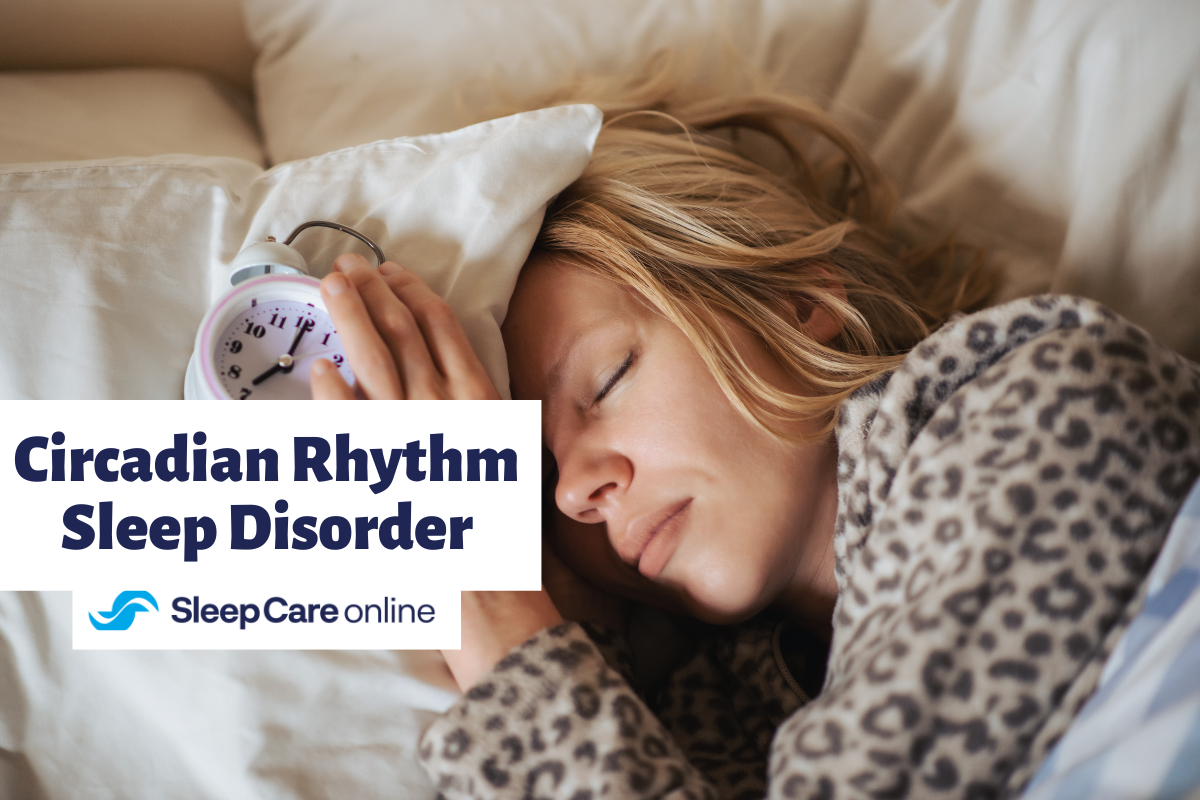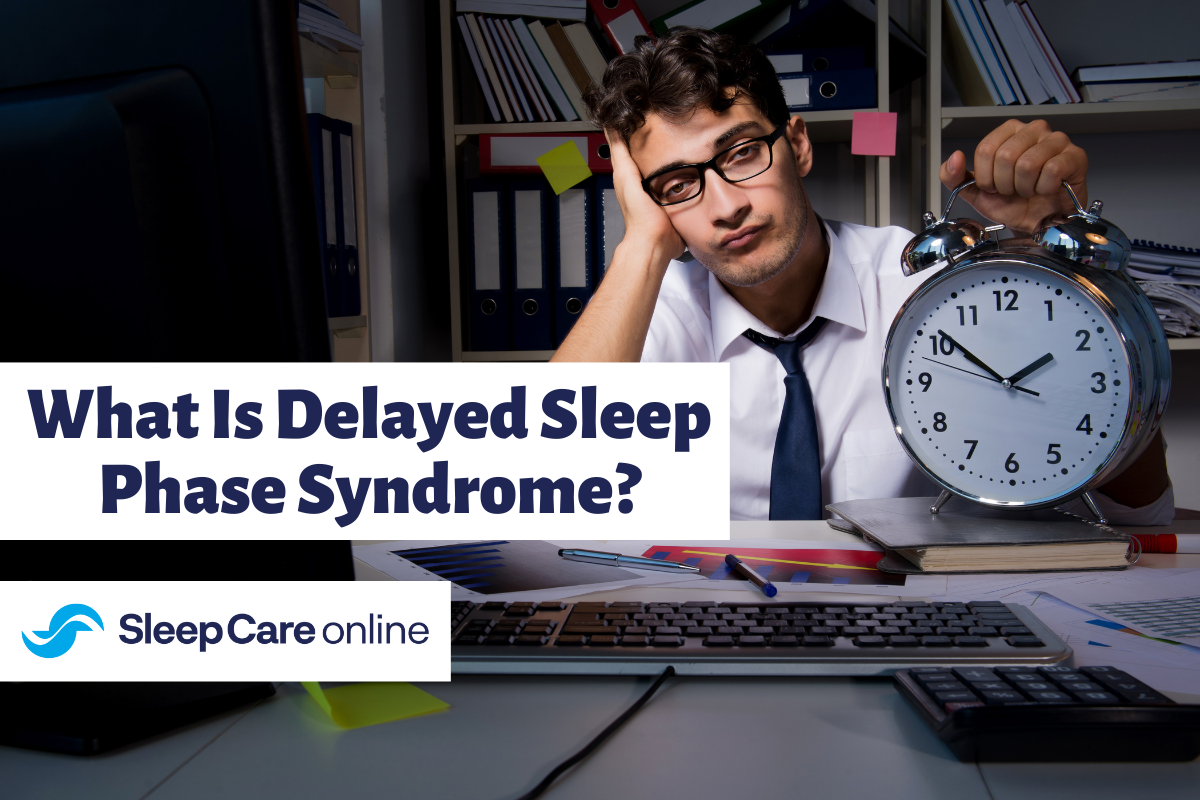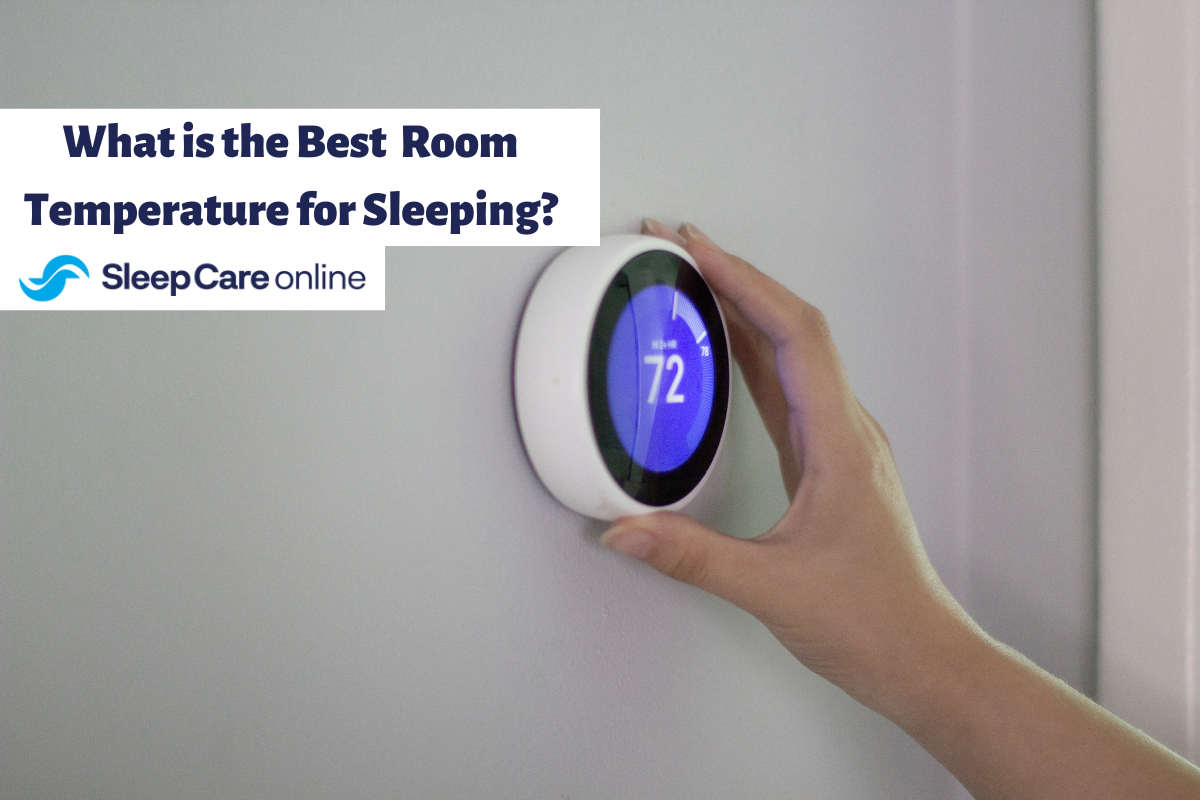Key Takeaways:
- Sleep apnea and epilepsy can influence each other, and those with epilepsy have a more increased chance of developing sleep apnea.
- Sleep apnea can disrupt sleep, which can potentially irritate the brain and lead to seizures.
- Seizures occur during periods of altered brain activity, and some of that activity may be linked to changes in the brain during sleep.
Epilepsy is a brain disorder when nerve cell activity in the brain is disturbed. This disorder could be from a genetic order or acquired when a person experiences brain trauma or a stroke. When suffering from epilepsy, a person experiences repeated seizures. During a seizure, abnormal behavior and emotions occur including loss of consciousness.
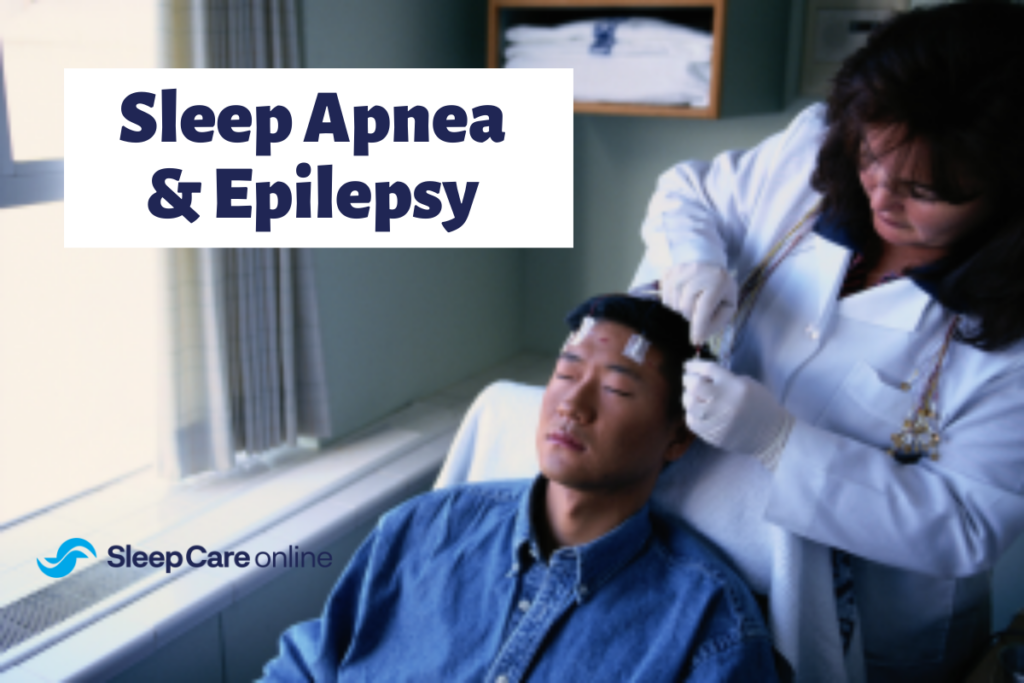
Definition of Sleep Apnea
Obstructive sleep apnea is the most common sleep-related breathing disorder. It causes you to repeatedly stop and start breathing while you sleep. However, there is more than just one form of sleep apnea. Although obstructive sleep apnea (OSA) is the most common, central and complex exist as well.
OSA occurs while a person is sleeping and their airway repeatedly opens and closes, making it hard to breathe. The airway gets blocked due to throat muscles relaxing, and one of the main symptoms of OSA is snoring.
Treatments for obstructive sleep apnea are available. One treatment involves repeatedly using positive pressure to keep your airway open while you sleep, referred to as CPAP therapy.
Can You Have Epileptic Seizures While Sleeping?
Some people with epilepsy can also have sleep-related seizures, also known as asleep seizures. This type of seizure can occur as a person while a person is asleep, as they are falling asleep, or as they are waking up. Frontal lobe epilepsy is a type of epilepsy where seizures can commonly happen during periods of NREM sleep as well as when awake.
Link Between Epilepsy And Sleep Apnea
There appears to be a link between sleep apnea and epilepsy. Sleep apnea can cause a decrease in blood oxygen saturation levels which can interfere with normal electrical brain activity, thus triggering epileptic seizures. Sleep apnea is commonly diagnosed in people with epilepsy. Nearly 40 percent of epilepsy patients also have sleep apnea.
Not getting enough sleep can trigger a seizure in those patients with epilepsy. The risk factors of age also increase the likelihood in those with both sleep apnea and epilepsy. Research from the American Epilepsy Society’s 71st Annual Meeting says being treated for OSA could reduce the risk of seizures in those who suffer from epilepsy.
Those already managing epilepsy should be alert for the common symptoms of sleep apnea. Identifying the problem of a sleep disorder can help prevent epileptic seizures and improve the overall health and sleep quality of those with epilepsy.
Different Stages of Sleep
Non-rapid eye movement sleep
- Also known as quiescent sleep
- Sleep stages 1-3
- Occurs when a person falls asleep and then moves from a light sleep into a deep sleep
Light sleep
- When muscles contract and relax in a cycle
- Eye movement stops
- Heart rate lowers
- Body temperature decreases
Deep sleep
- Your body releases growth hormone
- Your body builds and repairs muscles, bones, and tissue
- Can last between 1-2 hours
Rapid eye movement sleep
- Eyes move rapidly while sleeping
- Brain activity increases
- Breathing rate increases
- Heart rate increases
- Blood pressure increases
Epilepsy and Sleep Disorders
Insomnia: Epilepsy can worsen your ability to sleep. Insomnia can affect those who have epilepsy because of the associated symptoms they may have and potential medication side effects.
Obstructive Sleep Apnea: Epilepsy can also make existing sleep disorders, like sleep apnea, worse because it may hinder proper sleep and cause irregular sleep patterns.
How Does Sleep Apnea Affect Epilepsy?
Sleep Deprivation: Sleep apnea can cause sleep loss or poor sleep, both of which are believed to contribute to sleep-related seizures. It can also be more challenging to treat sleep-related seizures if a person also has sleep apnea.
Changes to Sleep Stages: People with sleep apnea experience interrupted sleep and tend to spend more time in light sleep stages, which are the most common sleep stages seizures can occur. Sleep apnea also causes a person to repeatedly wake up, which could increase the risk of having a seizure.
Cardiovascular Issues: Sleep apnea can cause other health issues or complications, including an irregular heartbeat, poor circulation, and reduced oxygen being delivered to the brain. These issues are also believed to raise the risk of having a seizure.
Vagus Nerve Stimulation: Vagus nerve stimulation delivers electrical charges to a nerve that can help stop a seizure before it is fully developed. This stimulation treats the nerves and muscles around the airway, which can lead to a person having a hard time breathing. As a result, vagus nerve stimulation may worsen existing sleep apnea, although health professionals may try to make adjustments to the stimulator to minimize the effects on breathing.
Antiepileptic Drugs: Some medications for seizures relax the throat muscles near a person’s airway. They can also affect how a body responds to breathing disruptions. Some seizure medications, antiepileptic drugs, can cause a person to gain weight, which is also a risk factor for sleep apnea.
Sleep Apnea and Epilepsy – Symptoms
The symptoms of sleep apnea include:
- Gasping for air in the middle of the night
- Loud snoring
- Morning headaches
- Morning dry mouth
- A feeling of drowsiness even though you just woke up
- Difficulty concentrating during the day
- Memory problems
- Irritability and mood swings
The symptoms of epilepsy include:
- Experiencing an uncommon taste or smell
- An unexpected strong feeling of either fear or happiness
- An unusual feeling in your head that feels like a wave
- Twitching in arms or hands
- Numbness is parts of the body
- Feeling like the arms and legs are bigger or smaller than it is
- Visual distractions like seeing flashing lights or having hallucinations
For those experiencing symptoms of both disorders, a link between sleep apnea and epilepsy may exist. Someone with these symptoms should seek help from their doctor.
Sleep Apnea and Epilepsy – Causes
Causes of sleep apnea may include:
- Genetic factors
- Age
- Obesity
- Smoking
- Nasal congestion
- Use of alcohol
- Medical conditions
Causes of epilepsy include:
- a stroke
- a brain tumor
- a severe head injury
- drug abuse or alcohol misuse
- a brain infection
- a lack of oxygen during birth
- Genetic factors
Additionally, the causes of epilepsy can stem from genetics. Only epilepsy however can be caused by unforeseen circumstances such as an accidental brain injury. In some instances, lifestyle changes can help reduce the impact of sleep apnea, but epilepsy may require more consistent healthcare management and an acute awareness of sleep habits that may be impacting epileptic seizures. Understanding the relationship between sleep apnea and epilepsy can help anyone manage their condition to improve life through healthier sleep. The goal is to reduce the frequency of seizures for increased well-being, which may be possible through better management and treatment of sleep apnea.
Sleep Apnea and Epilepsy – Treatment
Sleep apnea treatment includes the use of CPAP therapy on a nightly basis. CPAP uses pressurized air pumped through a tube into a mask to ensure that the airway of the sleep apnea patient remains open all night. Without disruptions from apnea episodes, a patient with sleep apnea can sleep well all night long.
Surgery may sometimes be required to correct anatomical issues for sleep apnea. For mild cases, an oral appliance may also be recommended.
Treatment for epilepsy depends on the patient. It could include:
- Anti-epileptic drugs (AEDs)
- Removing part of the brain that causes seizures through surgery
- Inserting a small device into the body to prevent/control seizures
- Eating following a specific diet, like the ketogenic diet, to prevent/control seizures
Some people will need to receive treatment for the rest of their life. However, seizures could stop occurring over time if a person knows and understands their triggers and can learn how to prevent them.
Tips For Good Sleep
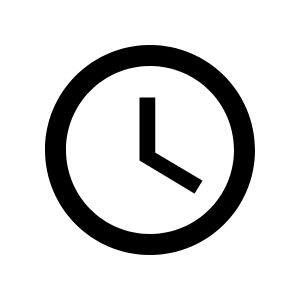
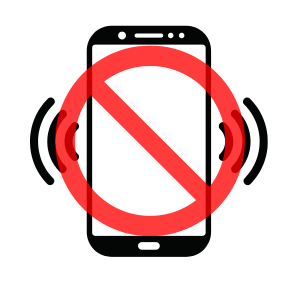

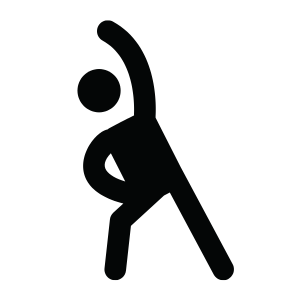
How Do I Test for Sleep Apnea If I Have Epilepsy?
It is recommended that patients with epilepsy should be screened for sleep apnea, and may warrant testing, to avoid exacerbating further potential seizures if treated for apnea. Sleep apnea could be tested in an in-lab sleep study. However, you can also take a test without visiting a sleep lab right at home. Sleep Care Online offers at-home sleep tests that deliver the same accurate results as in-lab tests but in the comfort of your own bed. Get a diagnosis with a home sleep test today.

Dr. Kunal Agarwal is a highly accomplished board-certified physician specializing in Family Medicine, Sleep Medicine, and Obesity Medicine. He completed his residency at Michigan State University and a fellowship at Henry Ford Health System, and has over a decade of experience delivering exceptional patient outcomes. Dr. Argarwal is passionate about patient education and advocacy, sleep disorders, and more. His expertise in treating sleep apnea is extremely valuable to improve his patients’ lives.
Awards, Honors, & Recognition
Top Doctor
SRQ Magazine and Sarasota Magazine, 2023-2024
Fellow of American Academy of Sleep Medicine (FAASM)
American Academy of Sleep Medicine, 2021
Named “Top Doctor” for 2017, 2018 (on cover), 2019,and 2020 by Delaware Today Magazine
2017-2020



